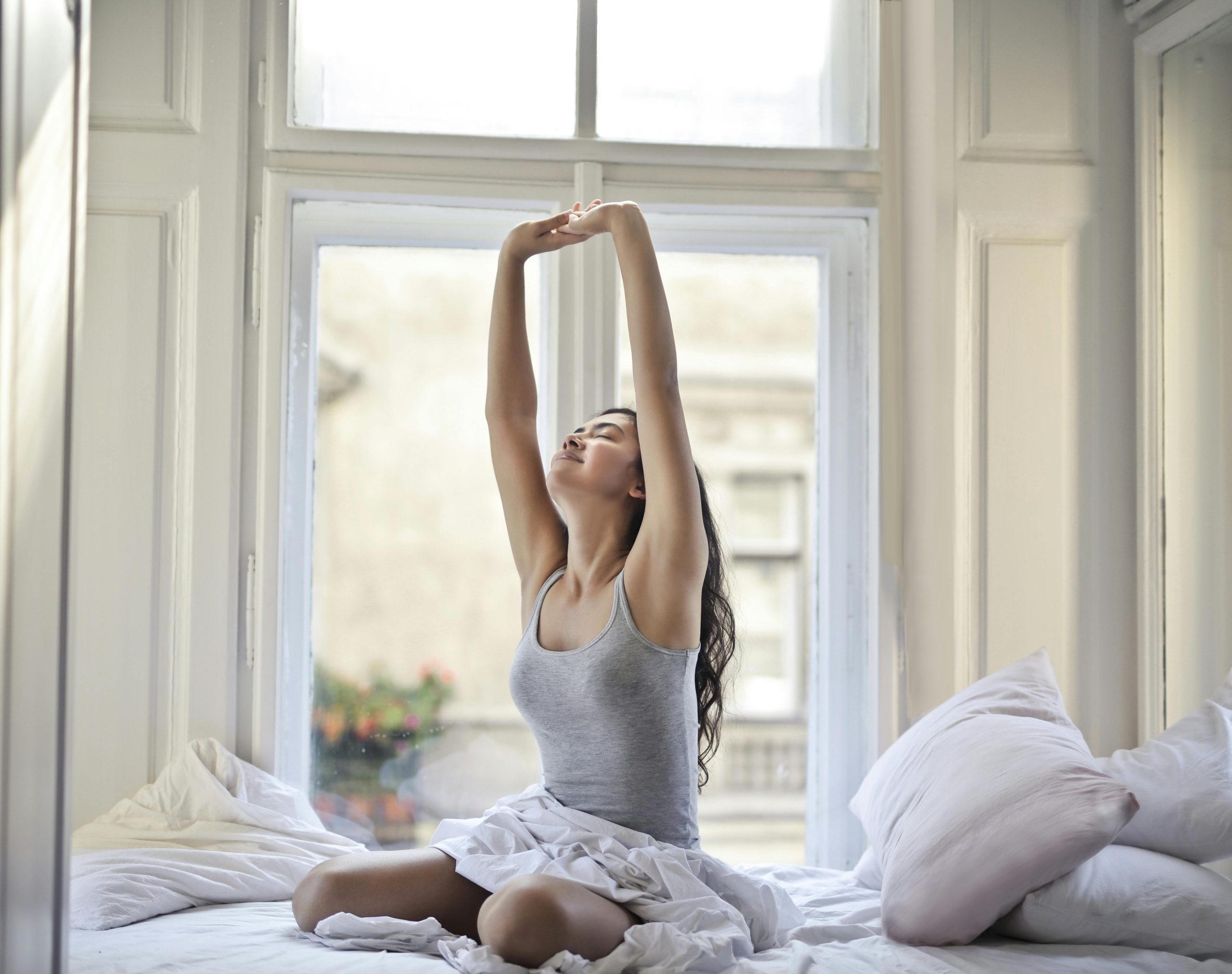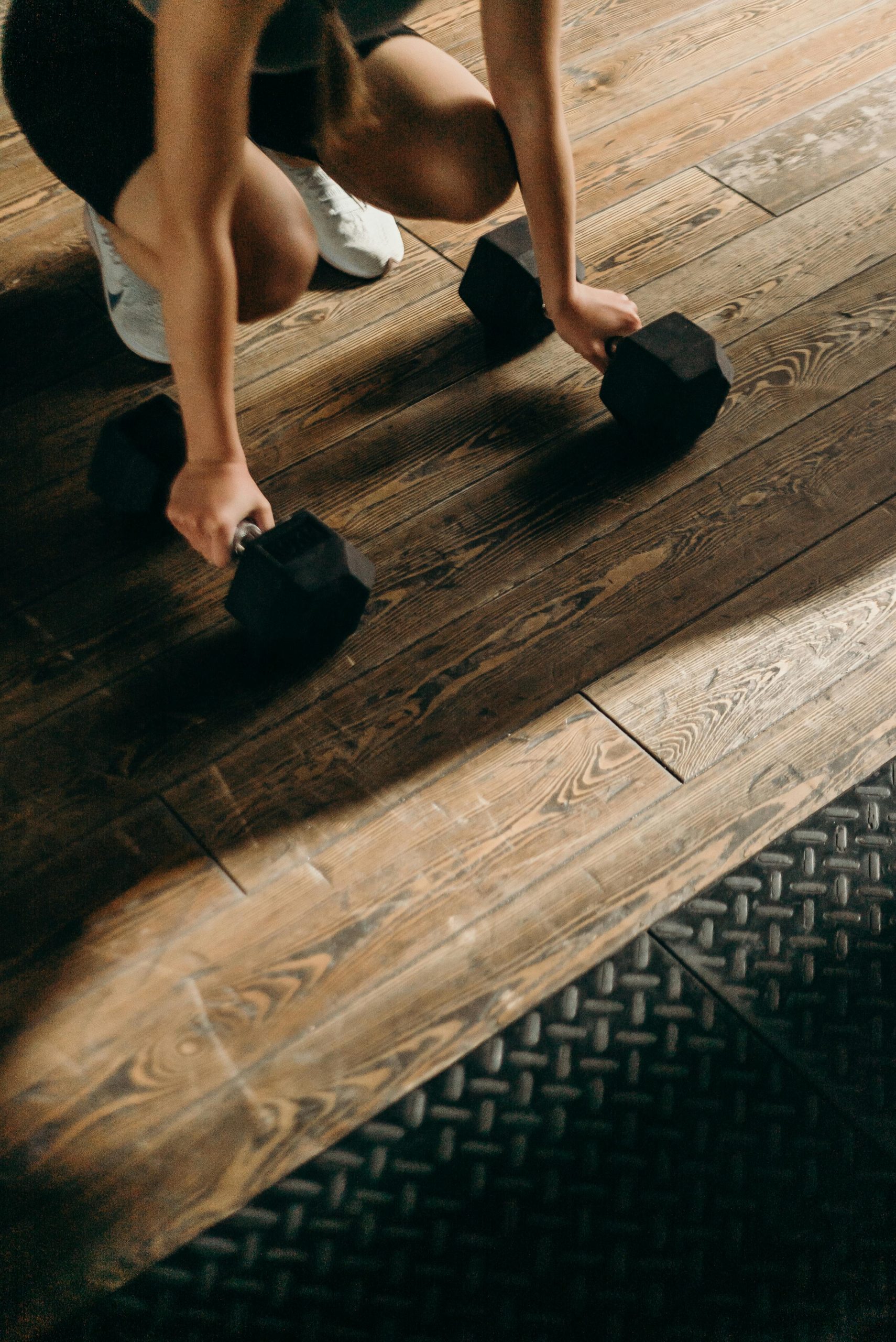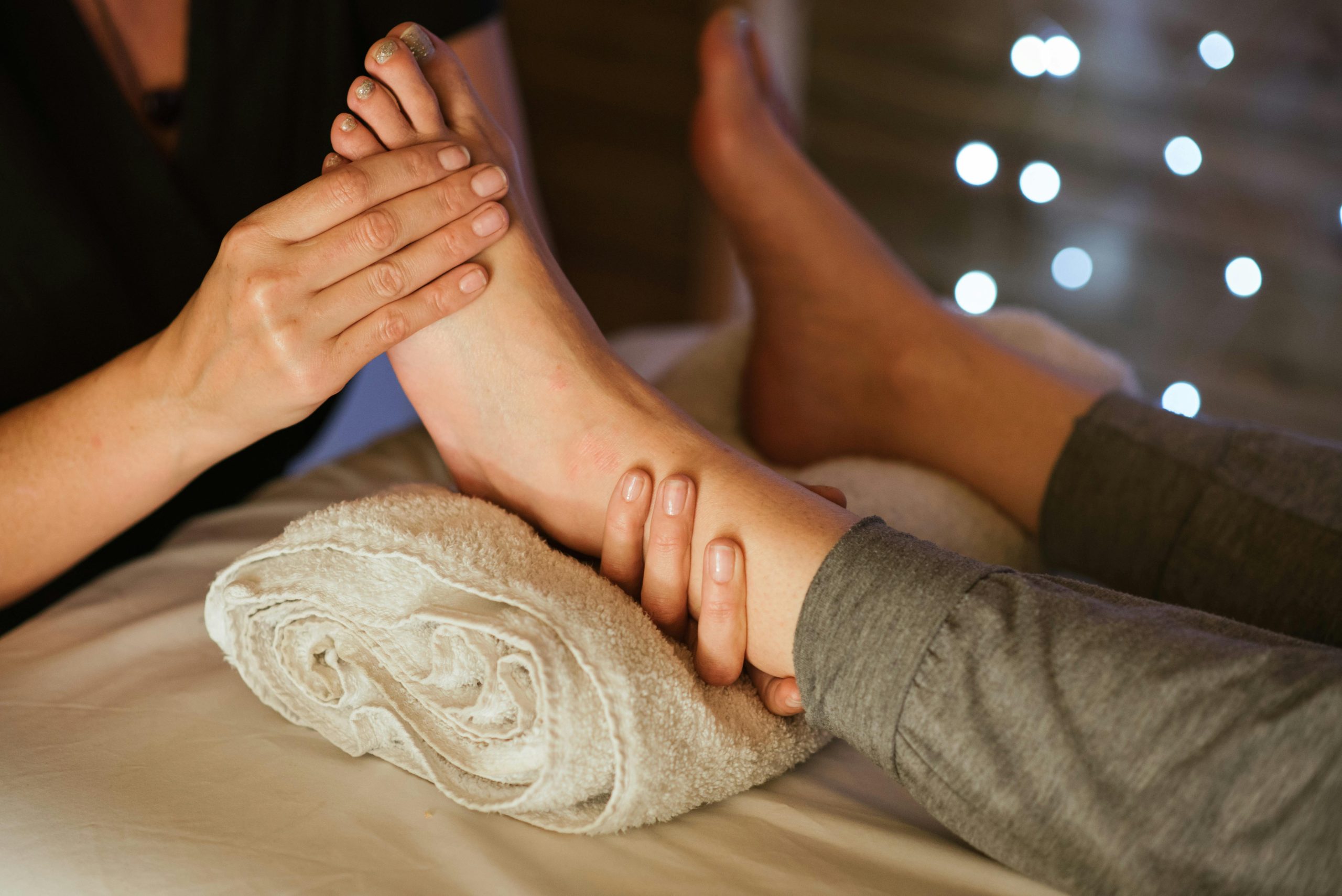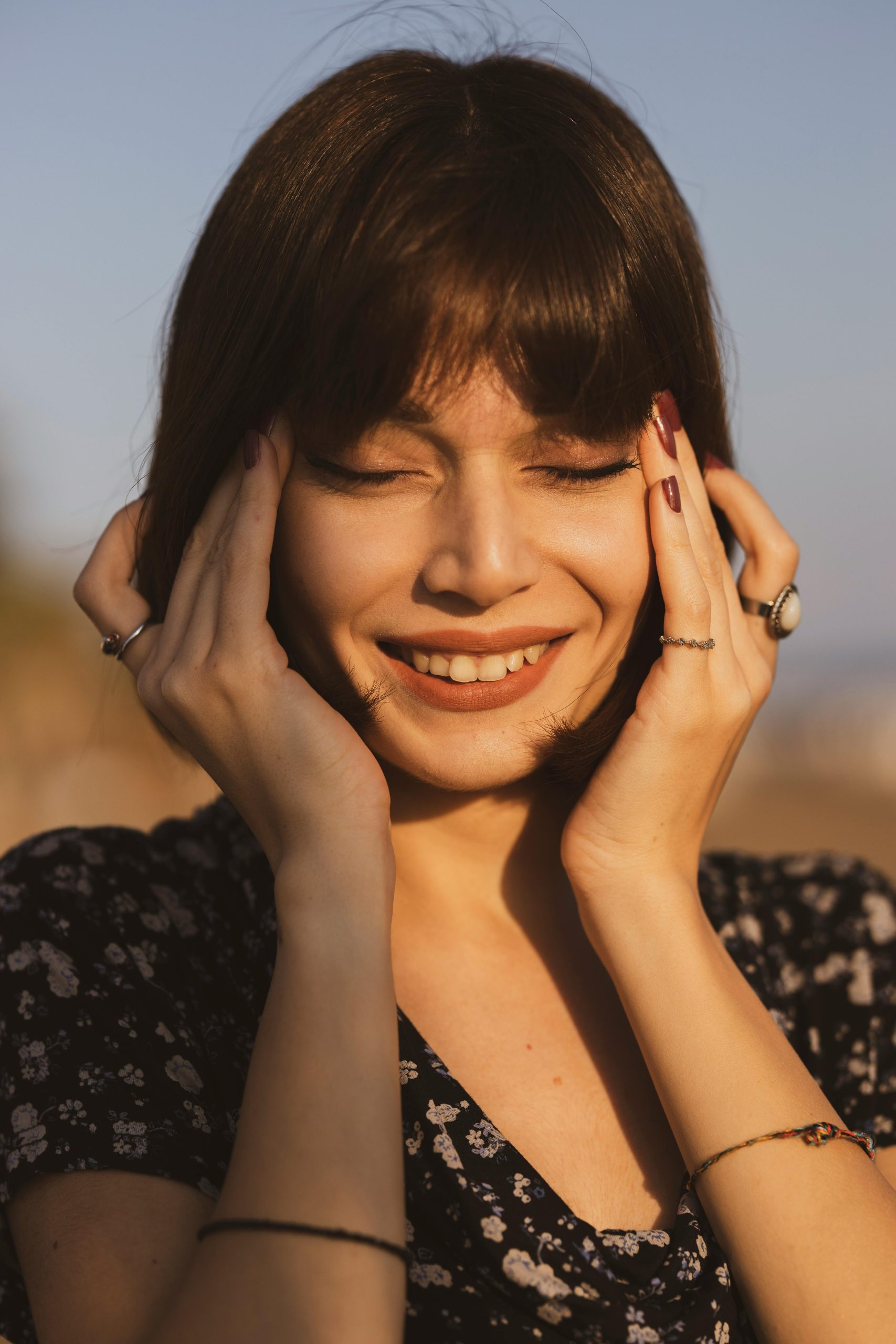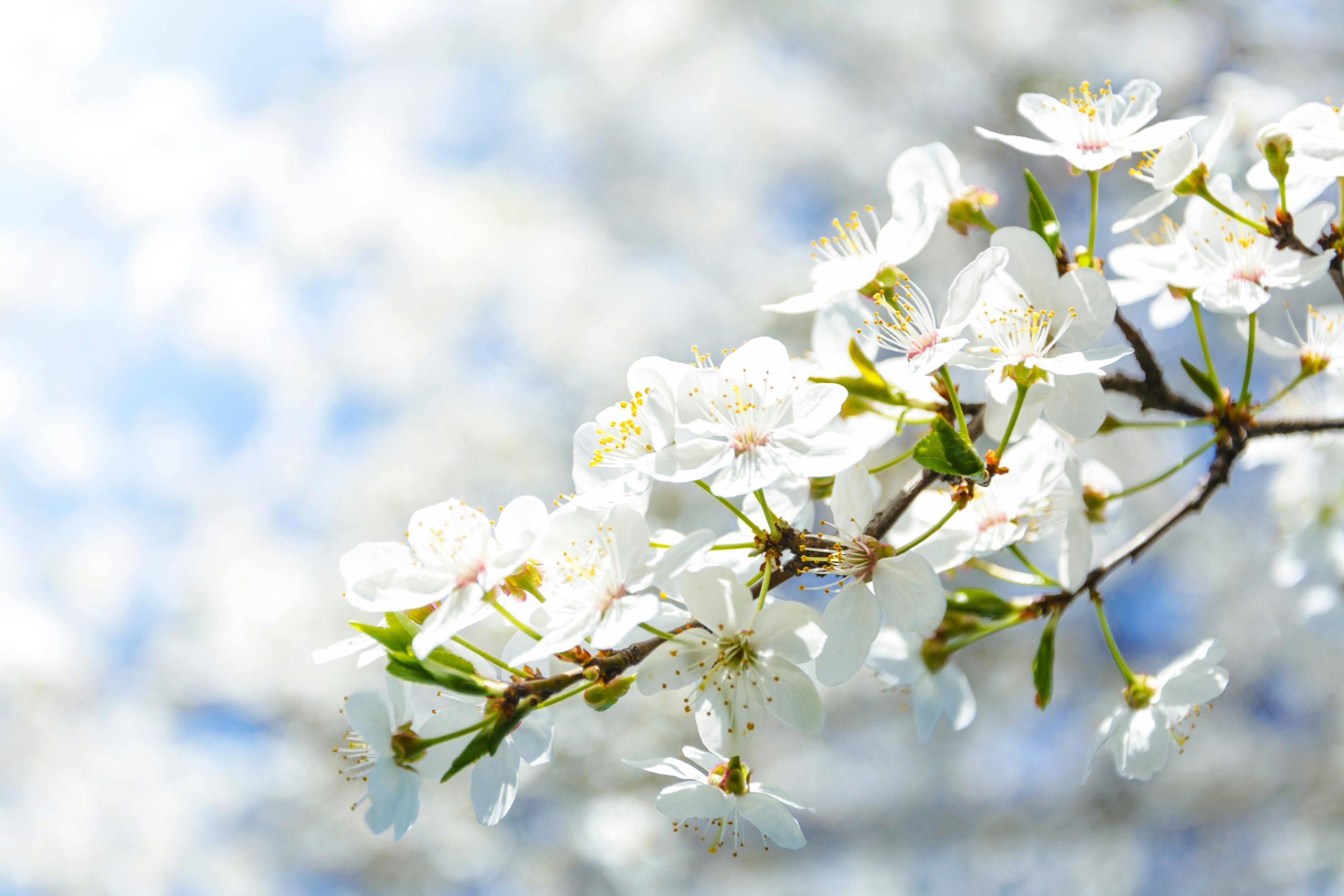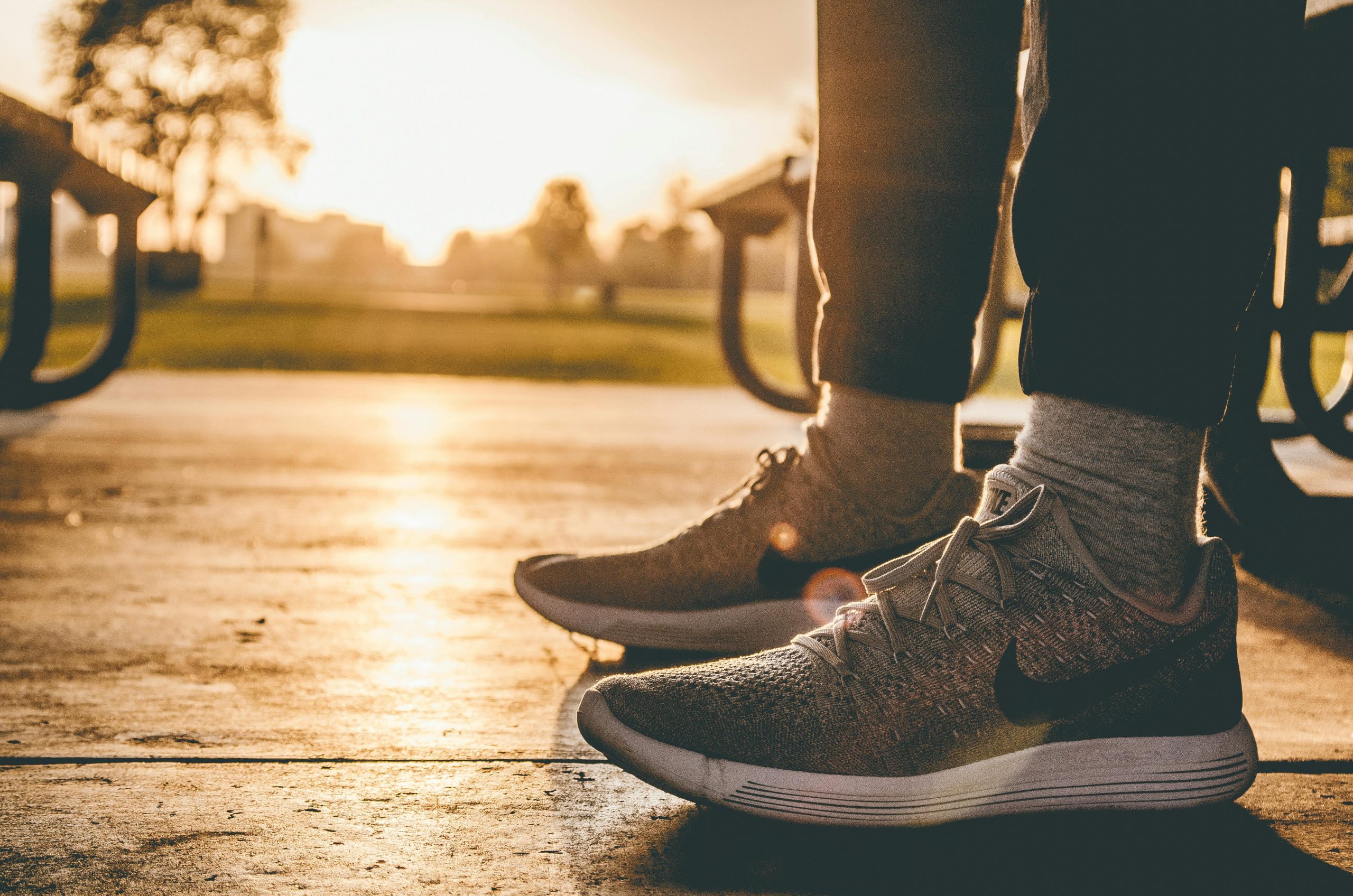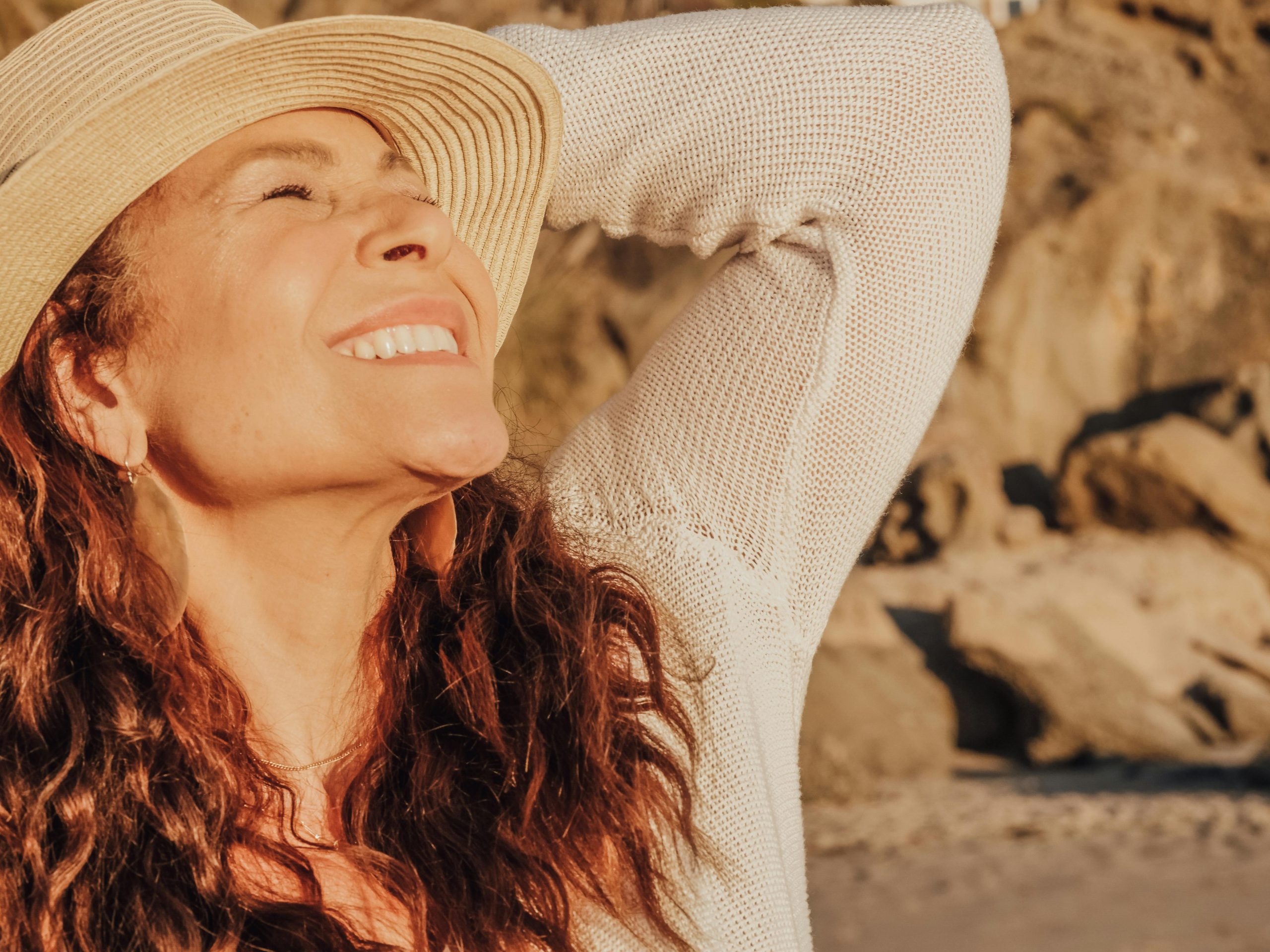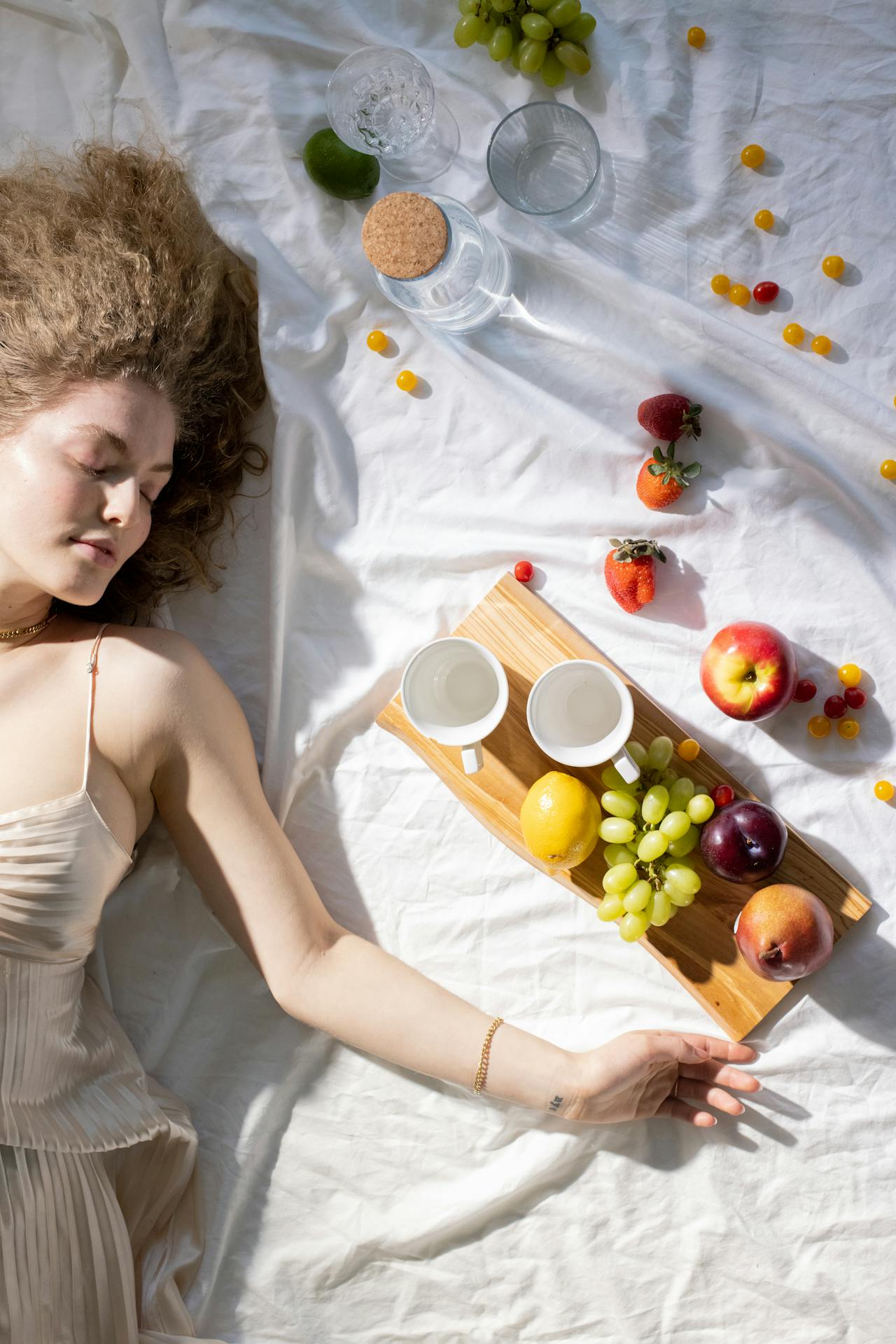From Stiff to Supple: Simple Morning Stretches to Start Your Day Right
Waking up feeling stiff? You’re not imagining it—and you’re definitely not the only one. Morning stiffness is something we hear about a lot. Whether it’s in your neck, shoulders, or lower back, those first few movements of the day can feel like hard work. But a simple stretch routine in the morning can make a [...]



